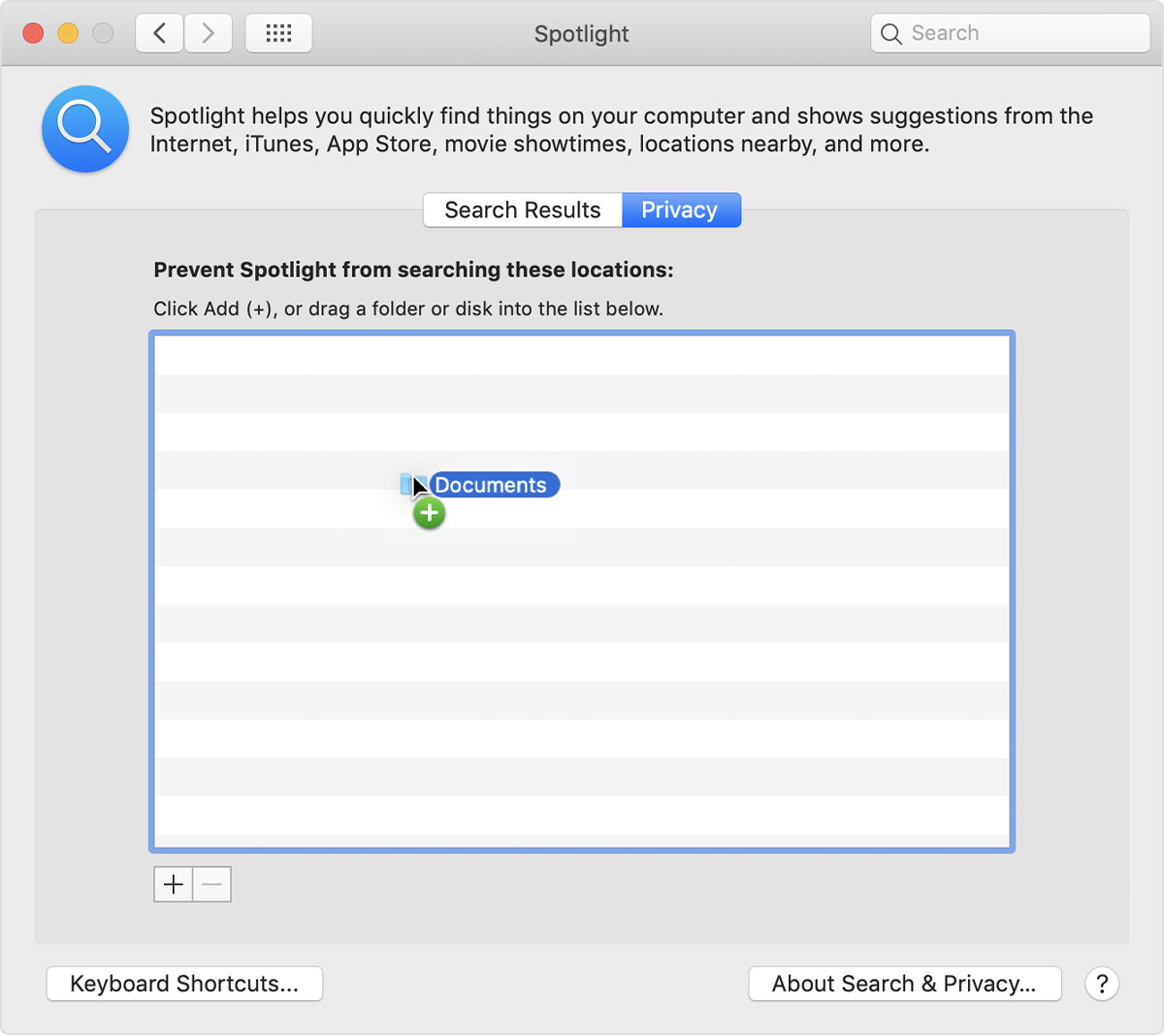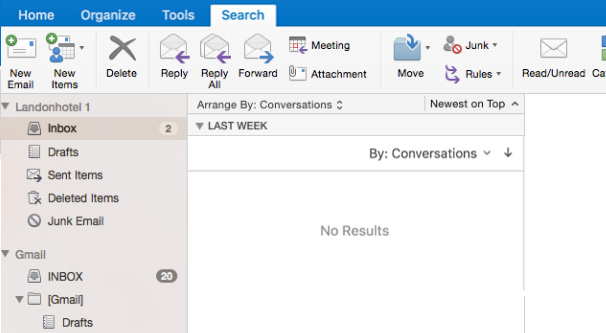


- OUTLOOK FOR MAC SEARCH RETURNS DUPLICATE RESULTS HOW TO
- OUTLOOK FOR MAC SEARCH RETURNS DUPLICATE RESULTS INSTALL
- OUTLOOK FOR MAC SEARCH RETURNS DUPLICATE RESULTS WINDOWS 7
If you've enabled de-duplication, this helps you identify all mailboxes that contain a duplicate message. Each entry identifies the source mailbox where the message is located. In addition to the PST files that contain the search results, two other files are also exported:Ī configuration file (.txt file format) that contains information about the PST export request, such as the name of the eDiscovery search that was exported, the date and time of the export, whether de-duplication and unsearchable items were enabled, the search query, and the source mailboxes that were searched.Ī search results log (.csv file format) that contains an entry for each message returned in the search results. And as previously stated, unsearchable items are exported to a separate PST file. If you don't enable de-duplication, a separate PST file is exported for each mailbox included in the search. If you enable de-duplication, all search results are exported in a single PST file. When you copy or export the search results and select the Include unsearchable items checkbox, only the unsearchable items will be copied to the discovery mailbox or exported to a PST file. This will result in no search results being returned. To do this, create or edit a search, specify a start date in the future, and then remove any keywords from the Keywords box. You can reduce the size of the PST export fileby exporting only the unsearchable items. Therefore, don't select the Include unsearchable items checkbox.Ĭlick Start to export the search results to a PST file.Ī window is displayed that contains status information about the export process.

OUTLOOK FOR MAC SEARCH RETURNS DUPLICATE RESULTS INSTALL
To install the ClickOnce add-in, see Mozilla ClickOnce add-ons or ClickOnce for Google Chrome. If you use either of these browsers, be sure you install the ClickOnce extension.
OUTLOOK FOR MAC SEARCH RETURNS DUPLICATE RESULTS WINDOWS 7
The computer you use to export search results to a PST file must meet the following system requirements:ģ2- or 64-bit versions of Windows 7 and later versions To see what permissions you need, see the "In-Place eDiscovery" entry in the Feature permissions in Exchange Online topic. You need to be assigned permissions before you can perform this procedure or procedures. What do you need to know before you begin?Įstimated time to complete: Time will vary based on the amount and size of the search results that will be exported.
OUTLOOK FOR MAC SEARCH RETURNS DUPLICATE RESULTS HOW TO
This topic shows you how to do this, as well as troubleshoot any issues you might have. PST files can also be opened in third-party eDiscovery and reporting applications. After search results are exported to a PST file, you or other users can open them in Outlook to review or print messages returned in the search results. Administrators can distribute the results of the search to other people within your organization, such as a human resources manager or records manager, or to opposing counsel in a legal case. You can use the eDiscovery Export tool in the Exchange admin center (EAC) to export the results of an In-Place eDiscovery search to an Outlook Data File, which is also called a PST file.


 0 kommentar(er)
0 kommentar(er)
